Anxiety is the number one mental health issue affecting children and adolescents today. Children suffering from anxiety have persistent fears or worries that significantly impact their personal, academic, and social lives, and if left untreated, can hinder their adult lives as well. While some fears and worries in children are natural, others can develop into diagnosable disorders, including but not limited to, generalized anxiety disorder, social anxiety disorder, panic disorder, agoraphobia, separation anxiety disorder, illness anxiety disorder, and obsessive-compulsive disorder.
The current treatment of choice for childhood anxiety is cognitive-behavioral therapy (CBT), a form of support that focuses on adapting thoughts, feelings, and behaviors while providing controlled exposure to stress in ways that help the child learn to regulate their emotions and reshape negative or inaccurate thinking. While studies are showing that youth with anxiety seem to respond well to CBT treatment, researchers are now also looking into the significance of family dynamics in treating childhood anxiety.
It may come as no surprise that childhood anxiety does not just impact the affected child. Mothers, fathers, siblings, aunts, uncles, grandparents, and caregivers are all significantly impacted as they each cope with the realization that they are not able to ease the pain and suffering of their child and their loved one. Childhood anxiety alters the family dynamic. One way that childhood anxiety can impact the family is referred to as family accommodation, which is, simply put, the way a family tries to alleviate their child’s fears and worries.
Family accommodation is extremely common and includes behaviors like helping the child avoid triggering situations and activities, changing family schedules and routines, and working to facilitate distraction and safety-seeking behaviors. These responses to a child’s anxiety are normal ways of trying to soothe and support a loved one; however, they can cause significant stress on the family, particularly parents and siblings, and could even help to maintain a child’s anxiety long term. In short, childhood anxiety is a family thing, and parents and caregivers need support.
If your child is experiencing anxiety, you are not alone. When seeking support for your child, it is important to consider your needs as well. Managing childhood anxiety as a parent or caregiver can be emotionally and physically exhausting. Consider a family approach to childhood anxiety that allows you to support your child, your family members, and, most importantly, yourself. Getting support, whether it be from your network of friends or a professional therapist, can provide you the reprieve you need to fully be there for your child and your family.
Written by Robyn Rohde, CPC Student Therapist

